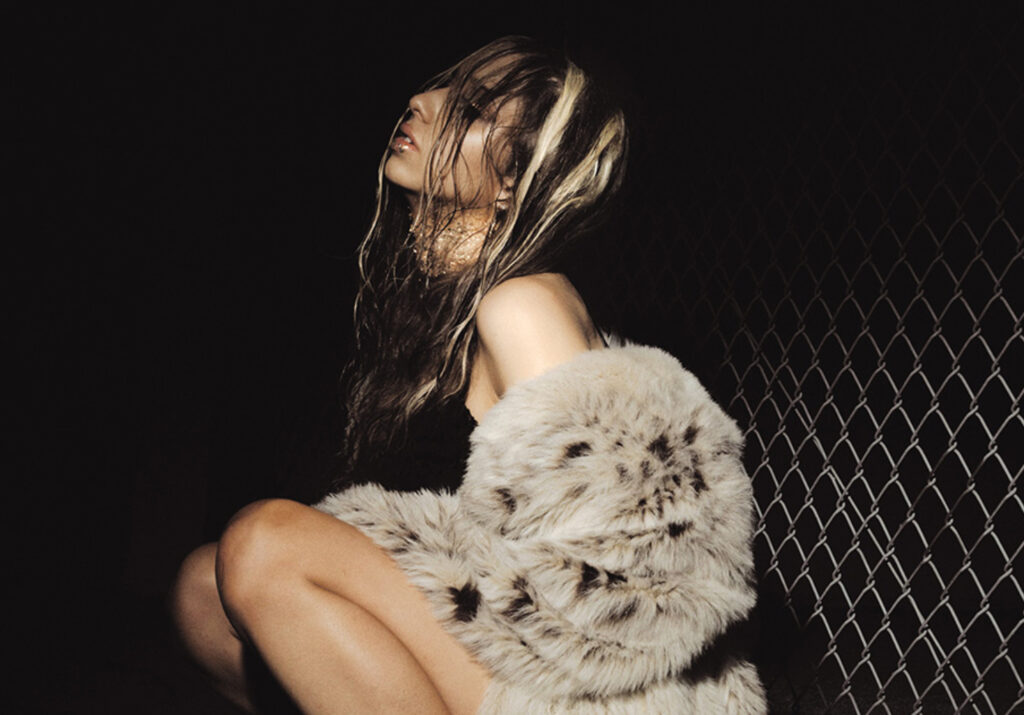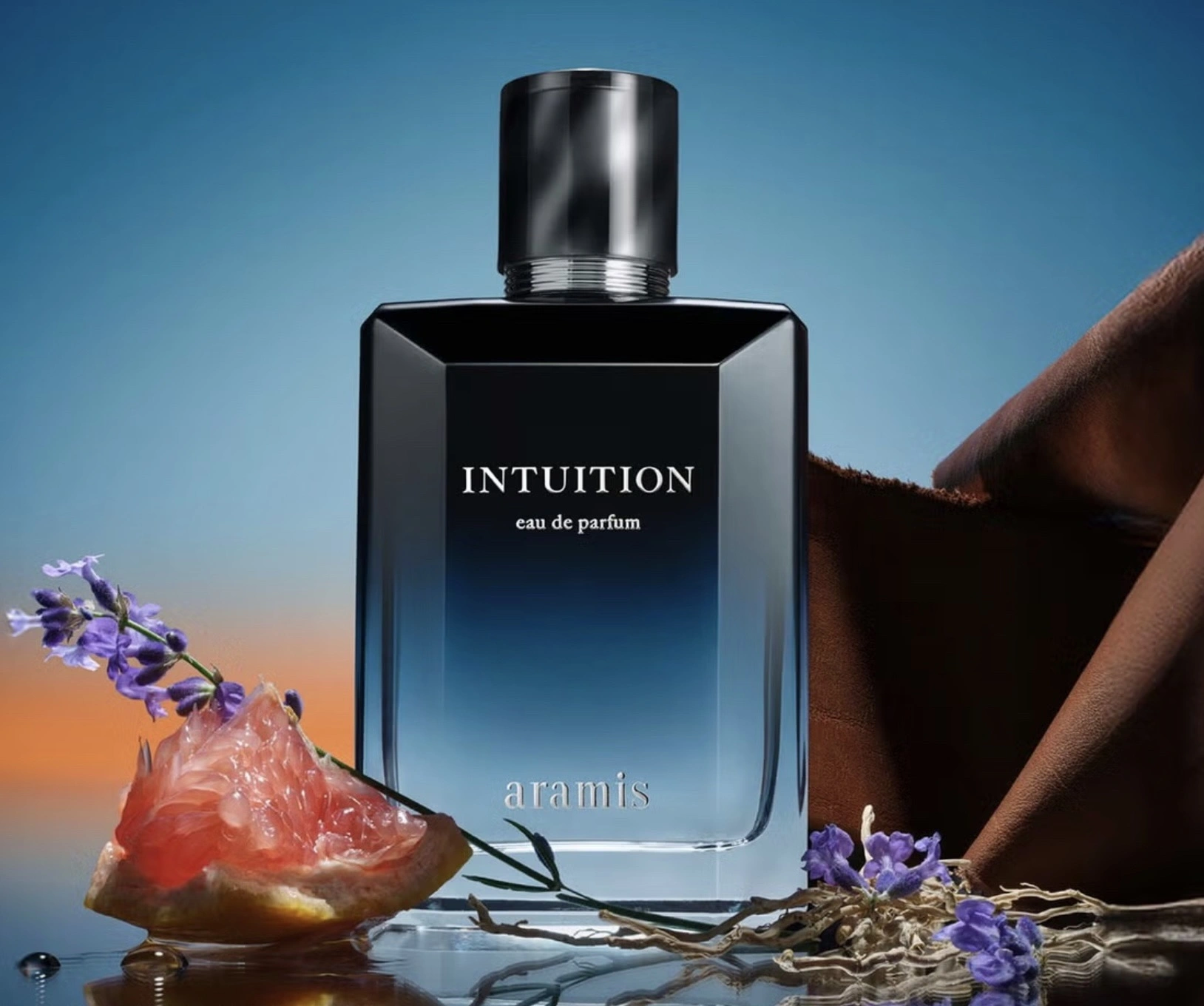Pop has always thrived on emotion—crushed hearts, broken promises, bittersweet memories. But in Isabel LaRosa’s new single “Hope It Hurts,” the hurt isn’t just mourned—it’s weaponized. Released in early 2025, the track marks one of LaRosa’s boldest sonic swings yet, blending her signature cinematic pop with darker hyperpop edges and lyrical venom sharp enough to draw blood. It’s not just a breakup song. It’s a declaration.
Coming off the viral success of past hits like “i’m yours” and “haunted”, LaRosa’s sound has always teetered between dreamlike and deadly. But in “Hope It Hurts,” she ditches the mist for gasoline. The result is a thunderous, electrified revenge ballad that’s as visually rich as it is emotionally explosive—built for headphones, heartbreak, and screaming into your phone camera in the backseat of an Uber.
Production: Pop with Teeth
Co-produced by her brother Thomas LaRosa, a key collaborator in her sonic identity, “Hope It Hurts” uses distorted synths, echoing trap percussion, and a gut-punching bassline to construct its emotional architecture. The opening is minimal: haunting arpeggios and a slow-build vocal that feels like a storm threatening on the horizon. But once the beat drops, it erupts into chaos—compressed and blown-out, dirty and digital.
The production leans into the rawness that defines a new generation of Gen Z pop. Think Billie Eilish meets 100 gecs, with a touch of The Weeknd’s After Hours drama. But this isn’t derivative. It’s personal.
LaRosa’s voice floats through the track like smoke—sometimes whispered, sometimes belted, always calculated. She’s not asking for sympathy. She’s demanding that her pain be felt. The chorus delivers the blow:
“I hope it hurts when you think of me / I hope it burns like I’m still on your skin.”
It’s the kind of line that doesn’t beg for closure—it insists on consequences.
Lyrics: Vengeance, Vulnerability, and Visceral Honesty
What makes “Hope It Hurts” stand out isn’t just its sonic aggression—it’s the lyrical precision. Isabel LaRosa doesn’t speak in generalities. She paints in specifics: late-night phone calls, perfume on pillows, the lingering ache of betrayal.
But rather than wallow, she strikes. The song embodies a controlled form of rage—the kind that simmers more than it screams. In today’s emotional vocabulary, it fits into the lineage of songs like Olivia Rodrigo’s “vampire” or SZA’s “Kill Bill”, but with an even more refined weapon. This is post-heartbreak pop where the villain is clear, and the narrator refuses to cry quietly.
A standout verse delivers one of the most memorable burns:
“Bet she laughs at all your jokes / But you still check my stories though.”
It’s petty, it’s true, and it hits like a private thought typed into Notes that somehow made it into a hit single. That’s the LaRosa formula—making the intimate feel cinematic.
Visuals and Branding: Gen Z Goth-Pop Ascendant
In the accompanying visuals teased across TikTok and Instagram, Isabel wears her identity like armor—sharp eyeliner, black lace, chromed nails, a tear in one eye and fire in the other. Her visual world feels halfway between a Sofia Coppola film and a Discord DM—gothic but relatable, curated but always close.
She’s part of a new pop vanguard reclaiming darkness not just as aesthetic but as emotional permission. Artists like Gracie Abrams, PinkPantheress, and Glaive have all played in this space, but LaRosa owns her lane: part seductress, part sad girl, all control.
The “Hope It Hurts” cover art is minimal—just blood red text against black—but fans have already created dozens of visual edits, fan cams, and imagined trailers using the track. One clip, featuring scenes from Euphoria, reached 1.2 million views in 24 hours. The sound is sticky. It’s viral not just because it slaps—but because it says what people are too scared to say out loud.
Audience Connection: TikTok Therapy and Bedroom Anthems
LaRosa’s rise has been largely digital, and she’s fully aware of how her music is consumed. “Hope It Hurts” was previewed in snippets across social platforms, generating pre-release buzz through POV caption videos, aesthetic edits, and revenge storytimes. Fans latched onto it not just as a song, but as a script for their own unresolved feelings.
One fan captioned their post: “When he ghosted you but keeps liking your BeReals.” Another: “For the girl who gets over it but doesn’t forgive.”
The song functions as a kind of catharsis—a four-minute exorcism. It’s not about healing. It’s about owning the wound, glamorizing it, and turning it into fuel. The track fits neatly into the modern emotional ecosystem where songs double as mantras and mood boards.
Context: Isabel LaRosa’s Rising Arc
Since her breakout in 2022, LaRosa has carved out a space for herself by blending sultry melodies with diaristic lyrics. She’s frequently compared to Billie Eilish, but her voice has a sharper edge and her songwriting is more confrontational. She doesn’t float above the chaos—she walks through it with a blade in hand.
“Hope It Hurts” marks a shift from her earlier, softer sound. If “i’m yours” was the sweet spiral into infatuation, this track is the aftermath—the reclaiming of power when love becomes a liability. It’s a track that suggests LaRosa is moving into a new creative phase, one where the gloves are off and the storytelling cuts closer to the bone.
Flow
In a genre overflowing with love songs and breakup ballads, “Hope It Hurts” stands out because it doesn’t ask to be liked—it demands to be understood. It’s a revenge anthem, yes, but also a mirror for anyone who’s been hurt and wanted to make sure the other person felt it too.
Isabel LaRosa isn’t reinventing pop. She’s refining it—sanding down its sentimentality and reloading it with sincerity, venom, and volume. “Hope It Hurts” is both a dagger and a diary. And in a cultural moment where vulnerability is currency, it pays off in full.
No comments yet.








